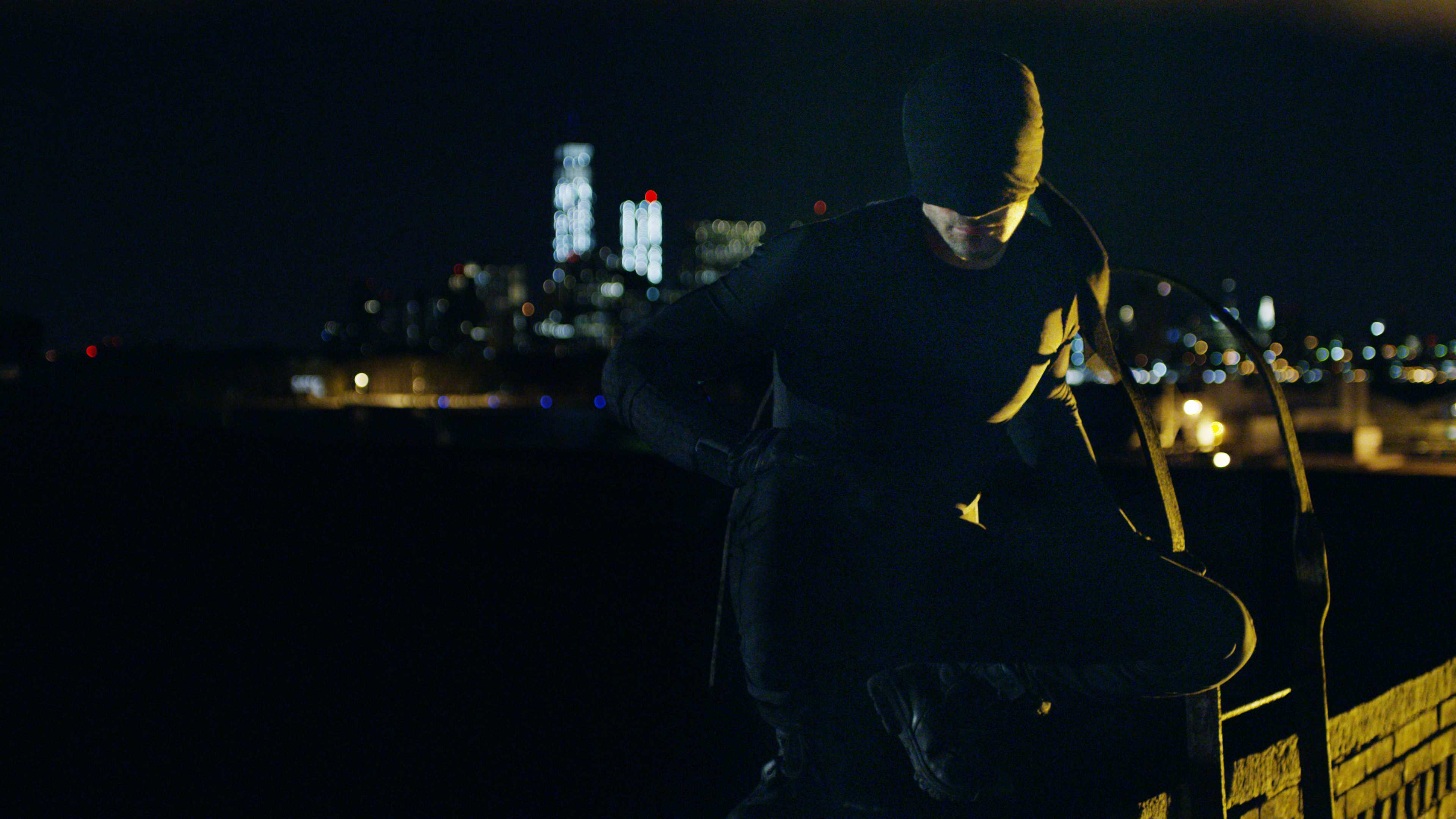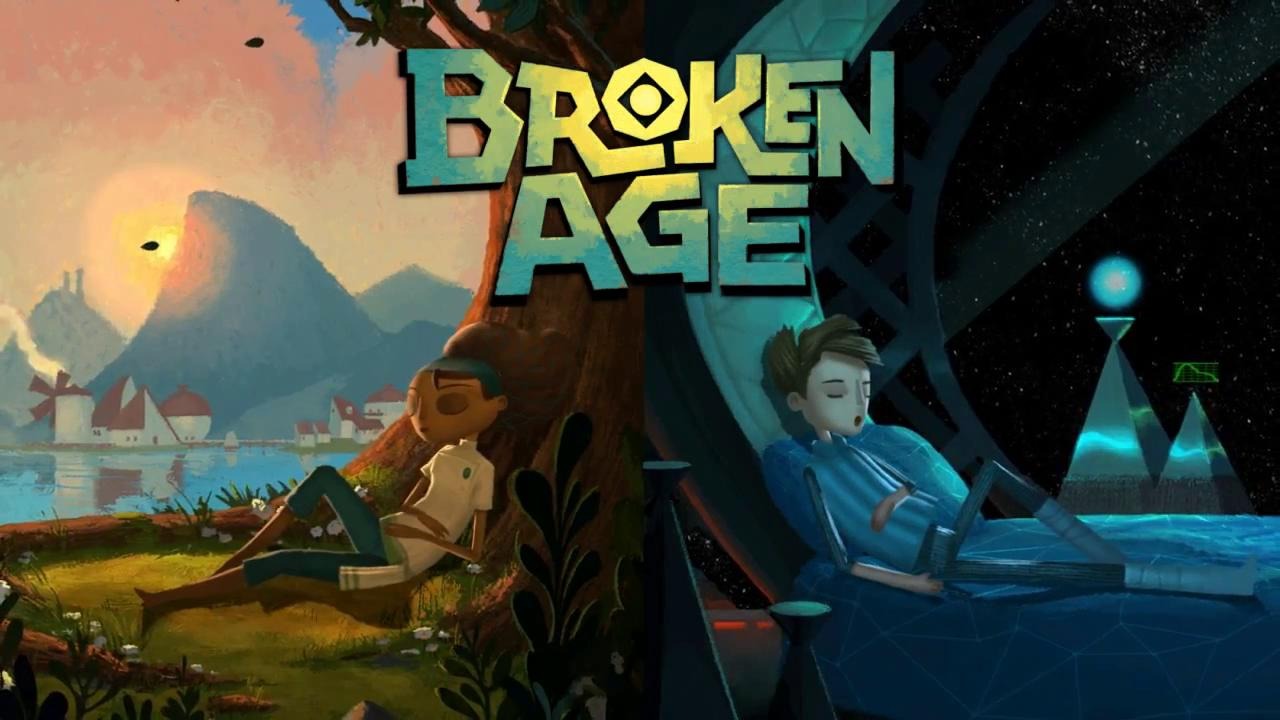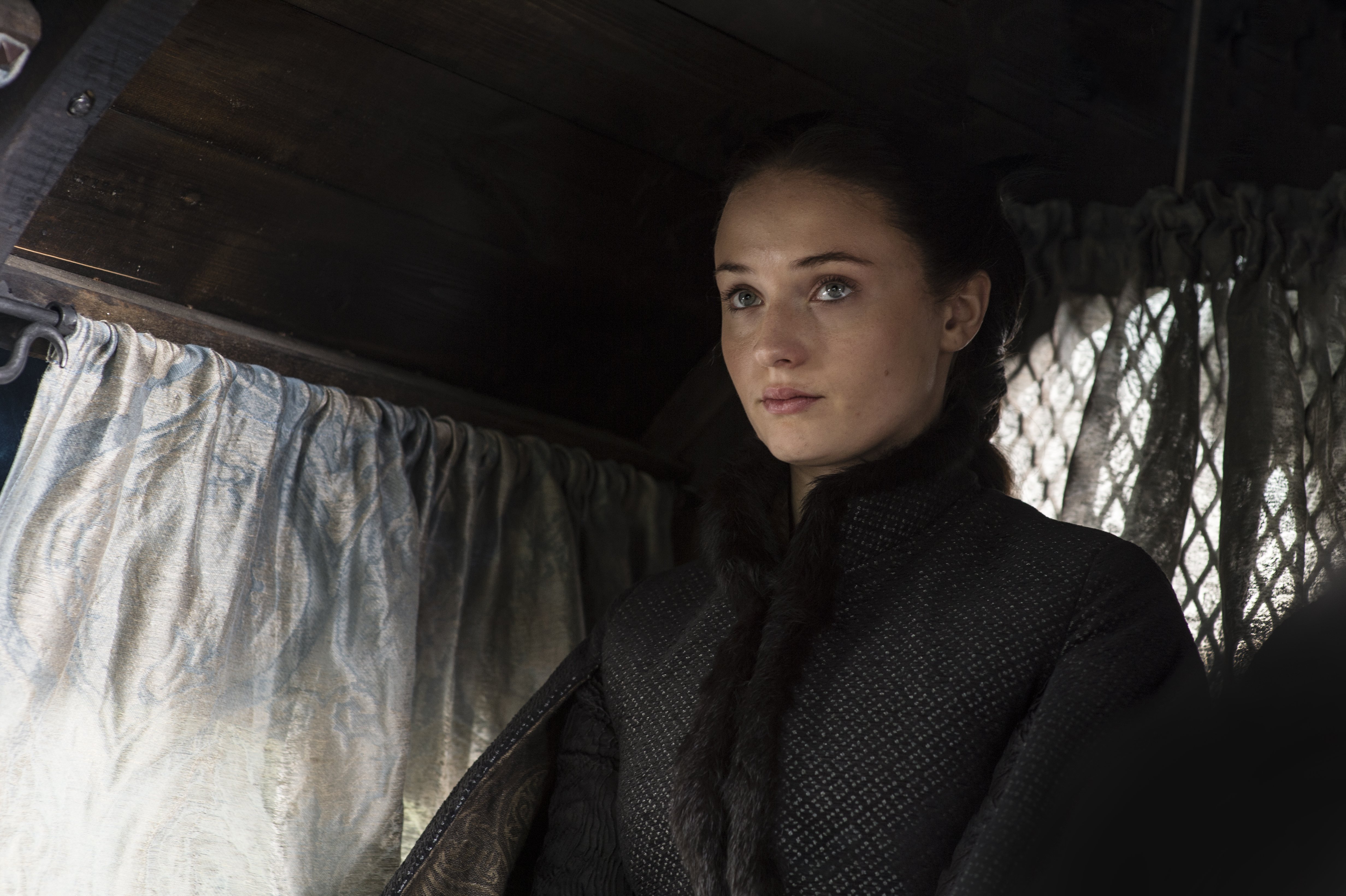 (This review contains spoilers. Also, too many instances of the name “Phil Miller.” Having two characters with the exact same name makes writing hard!)
(This review contains spoilers. Also, too many instances of the name “Phil Miller.” Having two characters with the exact same name makes writing hard!)
I wrote about The Last Man on Earth roughly halfway through its season in my “Deep End” section, which you can read here. At the time, the show’s success or failure was still in question, as it was changing its status quo on a near-weekly basis. Now that the season is complete, it is a little easier to put everything into perspective. The Last Man on Earth may have been built on a high concept (the extinction of the majority of life on Earth), but it ultimately settled for a pretty standard premise.
While many praised the early episodes of the series, focused on Will’s isolation and his forced relationship with Carol, the season started to derail around the time the character of Melissa showed up. From that point on, every episode could be summed up by saying “Phil wants to have sex with _______, but _______ is getting in his way.”


